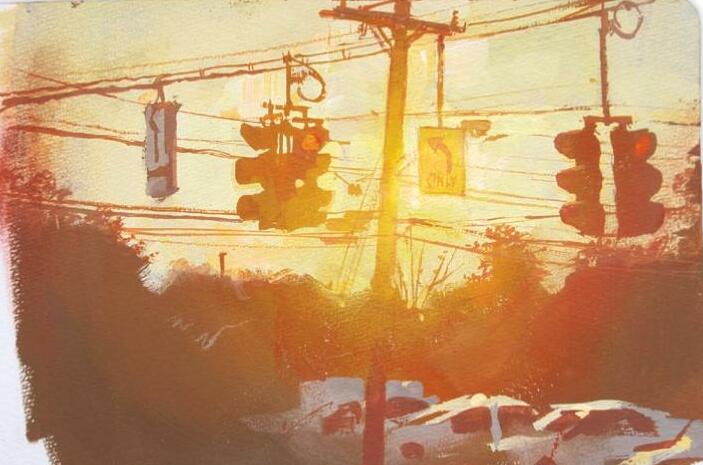
Like a glissando in music, a gradient is where one color note smoothly transitions into another. This shift can occur in hue, value, chroma or all three at once. Gradients don't just happen. They take planning. Anyone can paint a flat patch of color. But if you want to make your colors shift, you'll need to reach deeper into your bag of tricks.
The term "gradients" is familiar to digital artists. Traditional artists might know them as gradations. In watercolor, they have also been called a graded wash or a graduated wash.
There are a lot of methods for achieving gradients. With oils you typically need to pre-mix representative batches of the colors, apply them in a sequence of steps, and then blend the transitions. With water media, you have to execute them quickly before the paint sets up.
HOW TO PAINT A WATERCOLOR GRADIENT
Materials: Heavyweight watercolor paper, rag, large round watercolor brush, pencil, palette or mixing surface, water cup and pigment. I'm using Scarlet Lake in this example.
1. Dampen the entire surface with water without pooling. Tilt it to even it out.
2. Load the brush with paint and start at the top. Pigment should travel.
3. Add water to dilute the mixture while removing excess liquid from the brush with a rag.
4. Tilt the board to get pigment to flow in the direction you want.
5. Remove excess buildup of water on the paper with a thirsty brush to avoid backruns.
6. Try it with various pigments to see what they do.
HOW TO PAINT A BRAYER GRADIENT
1. Use two or three colors of water-based block printing ink laid out on a sheet of glass spaced where you want them in the final color gradient.
This story is from the Station Points edition of International Artist.
Start your 7-day Magzter GOLD free trial to access thousands of curated premium stories, and 9,000+ magazines and newspapers.
Already a subscriber ? Sign In
This story is from the Station Points edition of International Artist.
Start your 7-day Magzter GOLD free trial to access thousands of curated premium stories, and 9,000+ magazines and newspapers.
Already a subscriber? Sign In
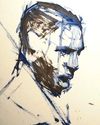
Step by Step: Capturing Expression
I painted Olivier as part of a demonstration for my Wednesday online class. The month's theme was \"Alla Prima Portrait Expressions,\" focusing on capturing dynamic emotion in a static image.
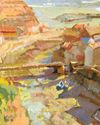
Intuitive response
My work is known for its raw, dynamic energy and freshness.
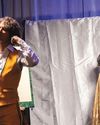
The Portrait Society of America Chairman's Letter Educate, Inspire, Connect
Ralph Waldo Emerson said, \"How much of human life is lost in waiting.\"
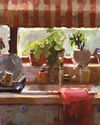
No Place Like Home
Focusing on color mixing and composition, Kayla Martell paints blissful interior scenes
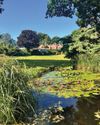
Moved by Instinct
Inspired by the beauty of nature, Jean Haines' watercolors bloom with spontaneity
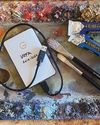
BACK-UP PLAN
An overview of the data storage options for all of the digital files that make up your art business
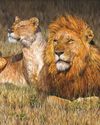
Apex Predators
Growing up in Kenya surrounded by nature, Guy Combes talks about the passions of painting wildlife
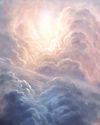
Skyscapes
Ksenya Verse highlights the intricate textures, variability and sculptural nature of clouds
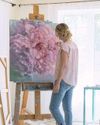
Something beguiling
In watercolor, I work exclusively with transparent pigments, carefully building textural effects through multiple glazes (sometimes up to five or six layers) to achieve dimension and detail in my realistic watercolors.
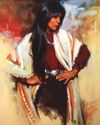
HUNCHES ARE BUILT UPON WISDOM
Harley Brown's fascinating things no one else will tell you
